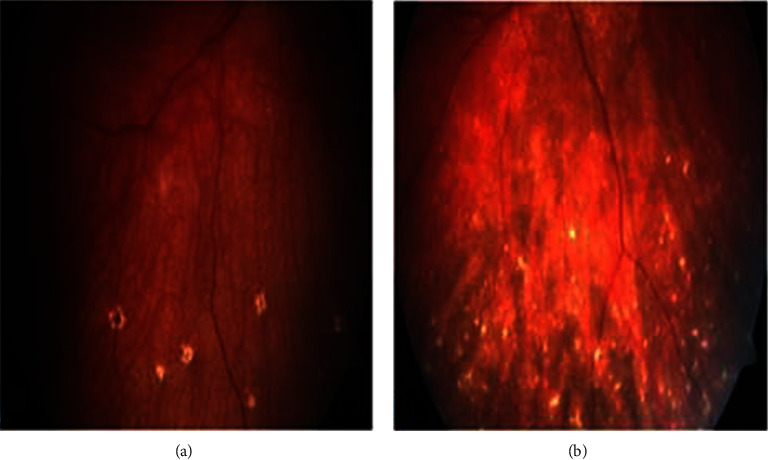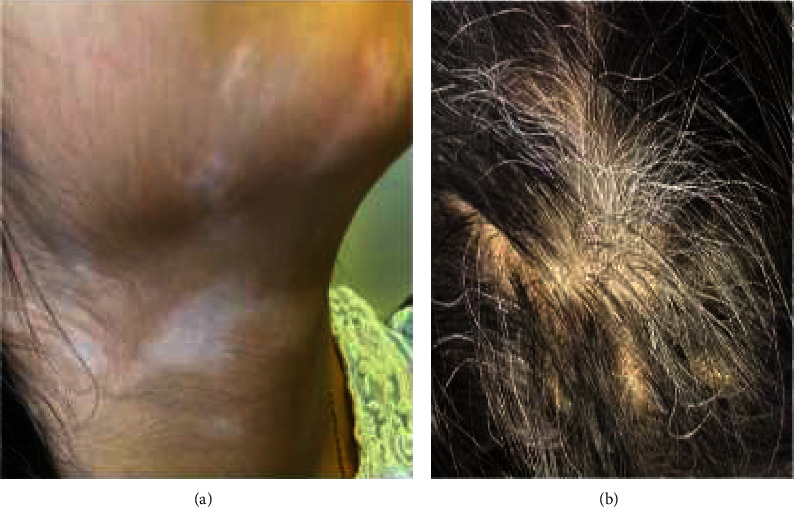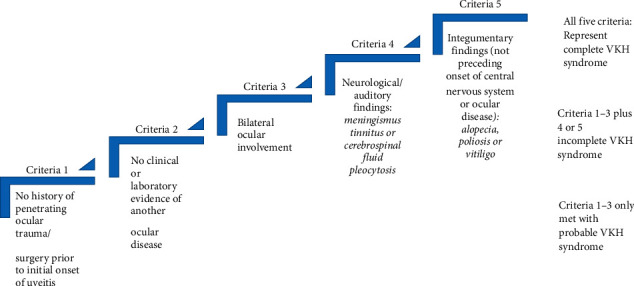Vogt-Koyanagi-Harada Syndrome (VKHS): First Two Cases Reported in Pediatric Age Group in Oman.
IF 0.5
Q4 PEDIATRICS
Case Reports in Pediatrics
Pub Date : 2023-10-26
eCollection Date: 2023-01-01
DOI:10.1155/2023/1745603
引用次数: 0
Abstract
The Vogt-Koyanagi-Harada syndrome (VKHS) is a unique form of granulomatous autoimmune disease that mostly impacts the pigmented tissues of the body. The main feature is bilateral granulomatous panuveitis, which is detected on ophthalmologic examination, along with additional systemic signs such as vitiligo, white hair, neurological involvement, or hearing loss. This study aims to report two cases of Vogt-Koyanagi-Harada syndrome presented in the children age group, which is unusual and very rare, to improve recognition of this disease to avoid complications and delay referral.



Vogt Koyanagi Harada综合征(VKHS):阿曼儿童年龄组报告的前两例病例。
Vogt Koyanagi Harada综合征(VKHS)是一种独特的肉芽肿性自身免疫性疾病,主要影响身体的色素组织。主要特征是双侧肉芽肿性全葡萄膜炎,在眼科检查中发现,还有其他全身症状,如白癜风、白发、神经系统受累或听力损失。本研究旨在报告两例儿童年龄组出现的Vogt Koyanagi Harada综合征,这是非常罕见的,以提高对该疾病的认识,避免并发症并延迟转诊。
本文章由计算机程序翻译,如有差异,请以英文原文为准。
求助全文
约1分钟内获得全文
求助全文

 求助内容:
求助内容: 应助结果提醒方式:
应助结果提醒方式:


